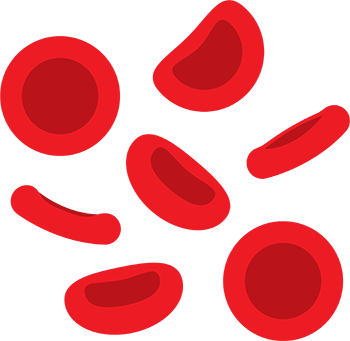
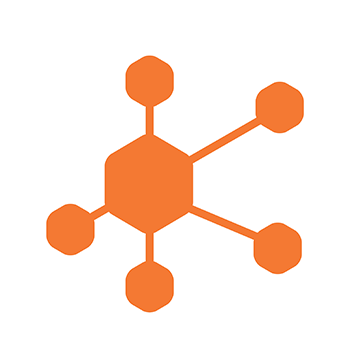
Have you or your child been diagnosed with a rare inherited anaemia? You can read more about:
Are you or your child receiving blood transfusions regularly but you have been told it has not been possible to make a diagnosis about the condition? Are you worried you or your child might have a rare inherited anaemia but you have not had any tests yet from blood specialists? Please contact us on info@togetherwecan.uk for help

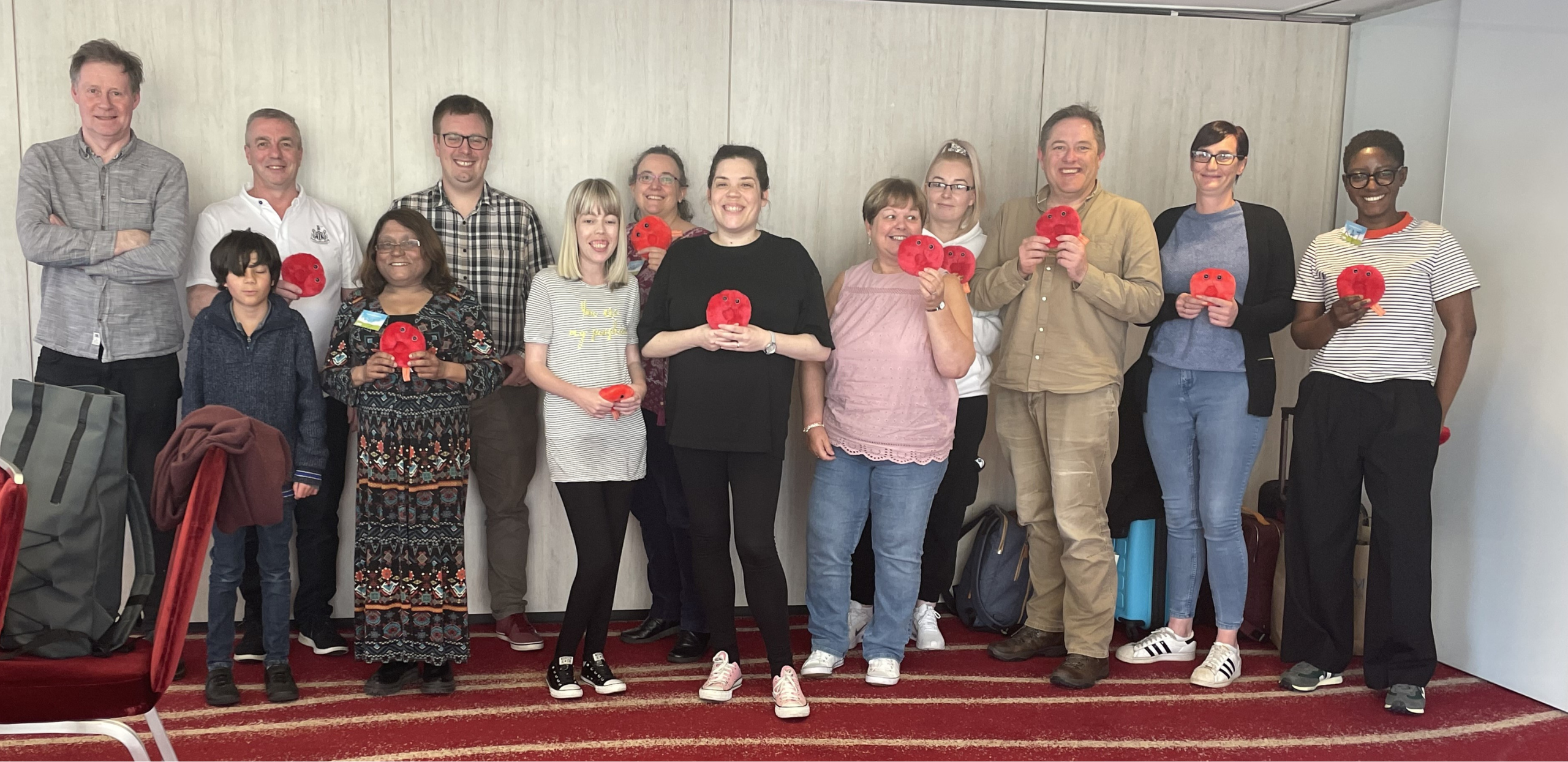
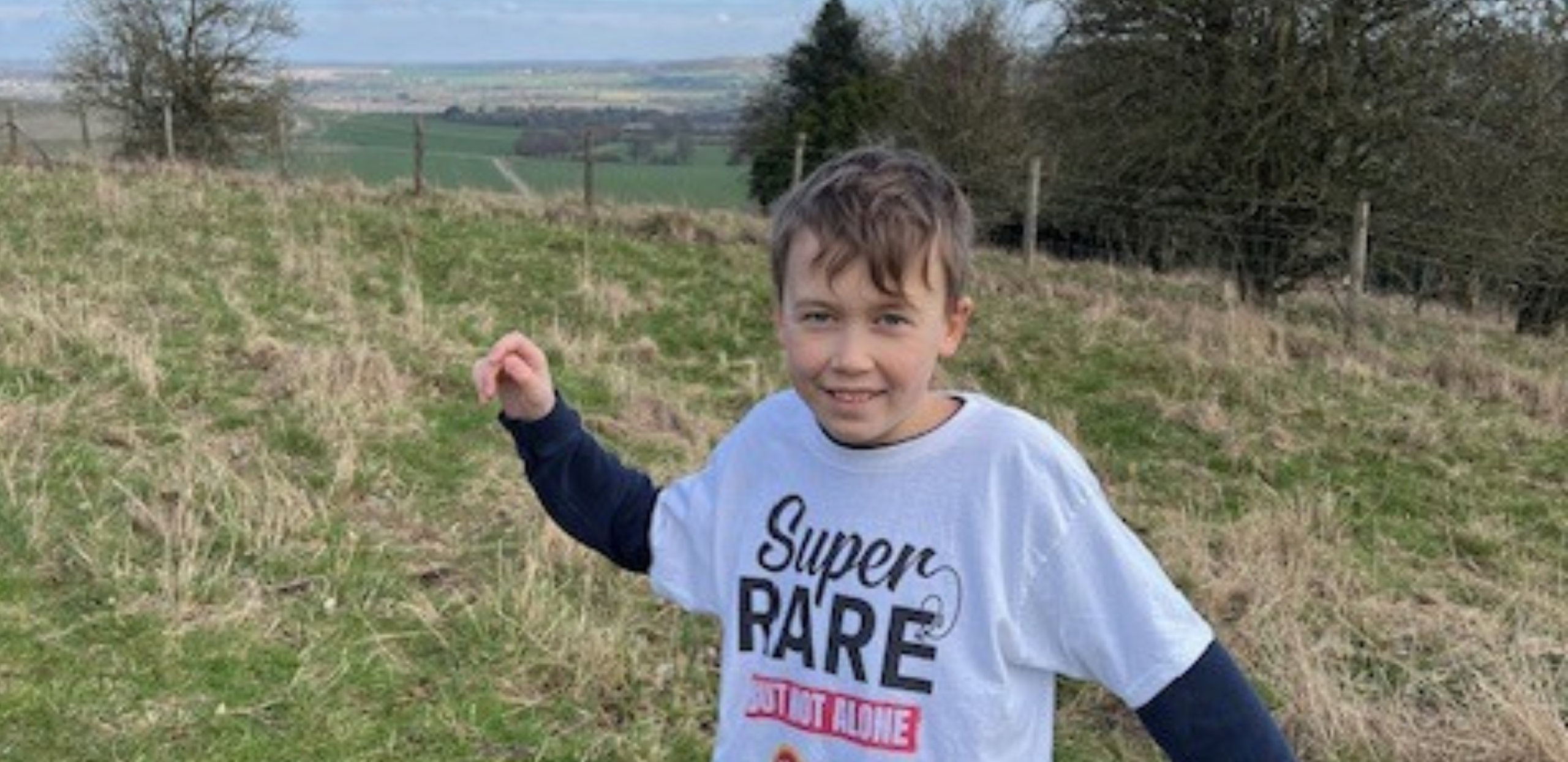
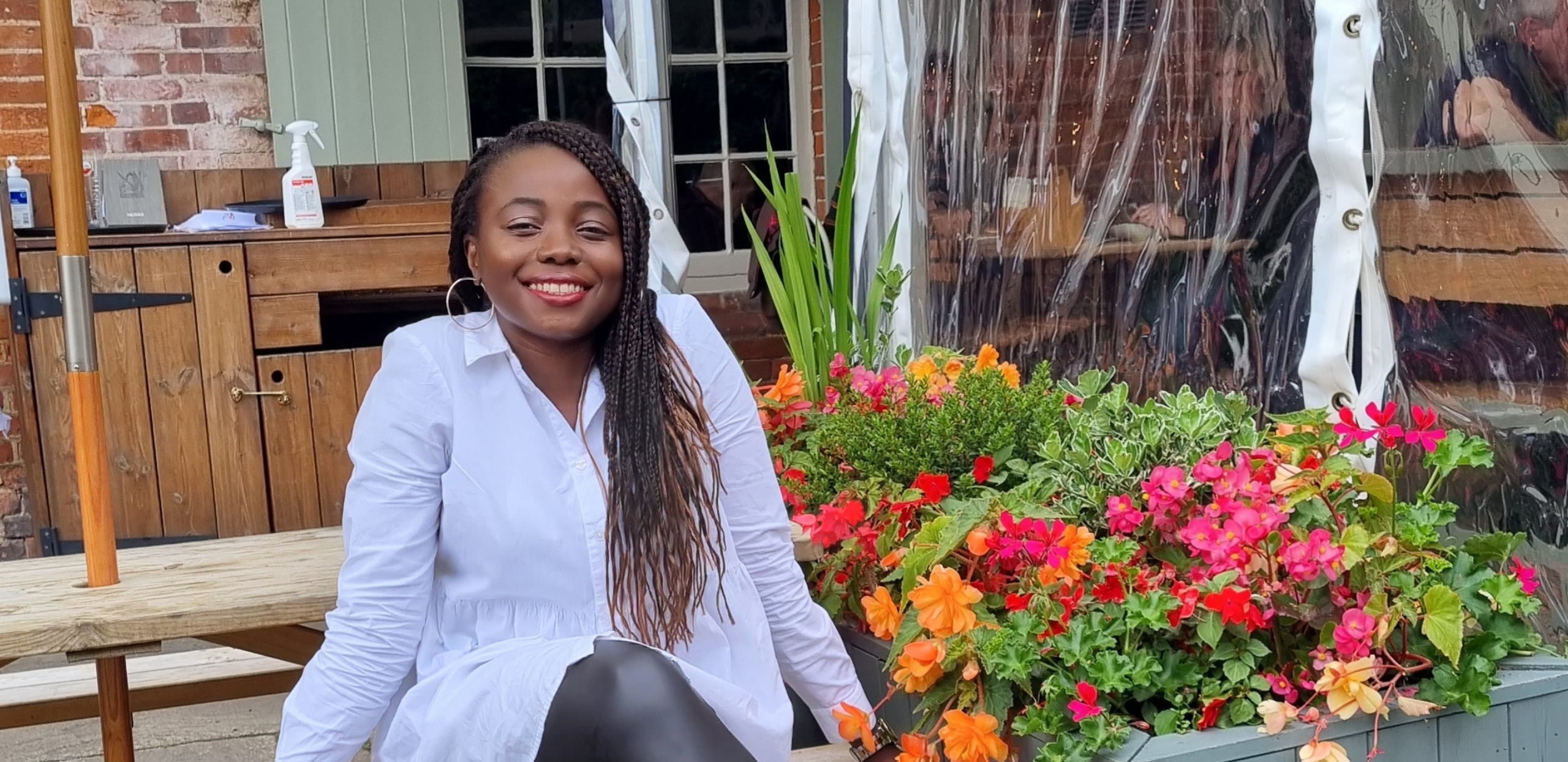
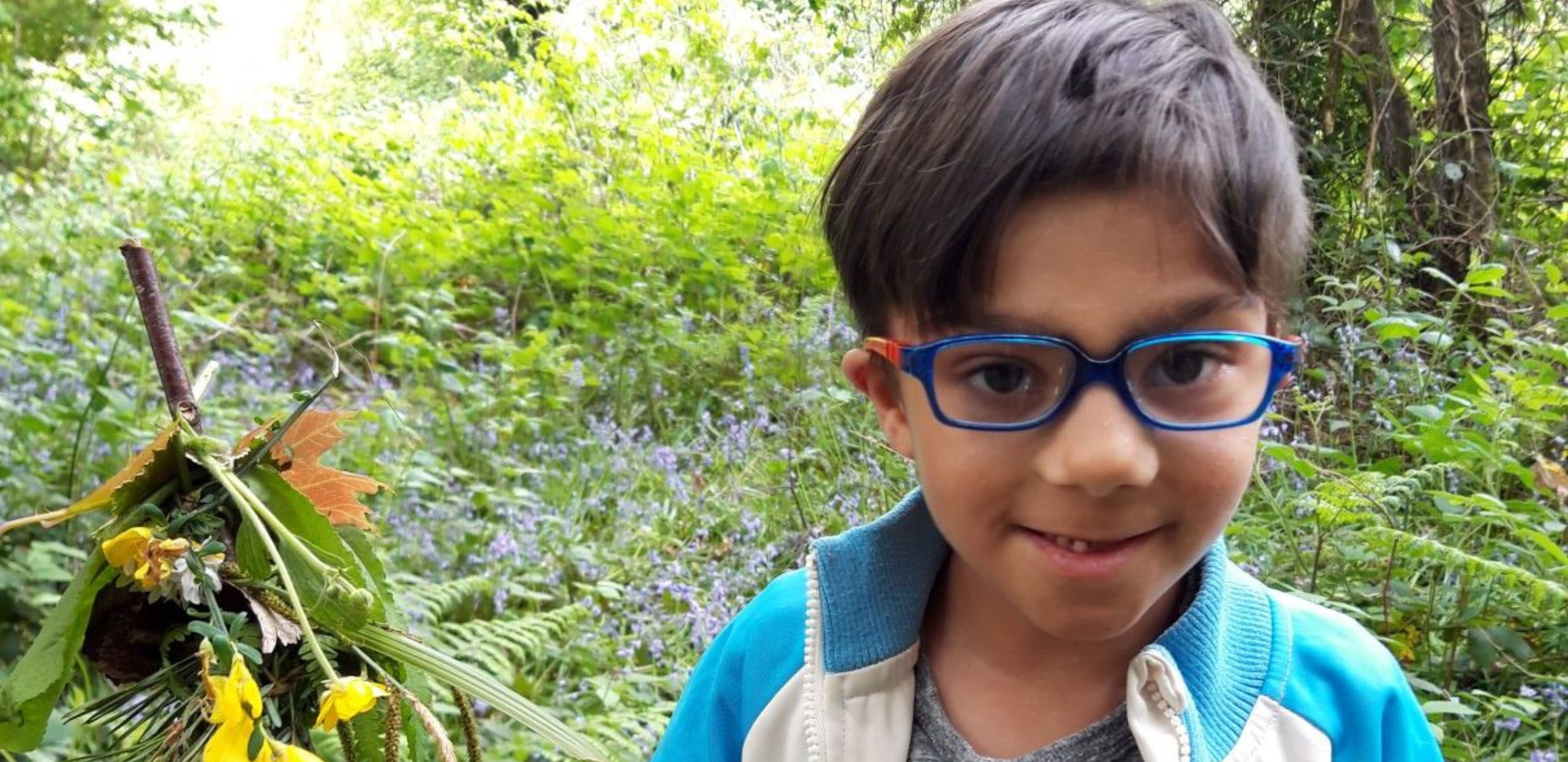
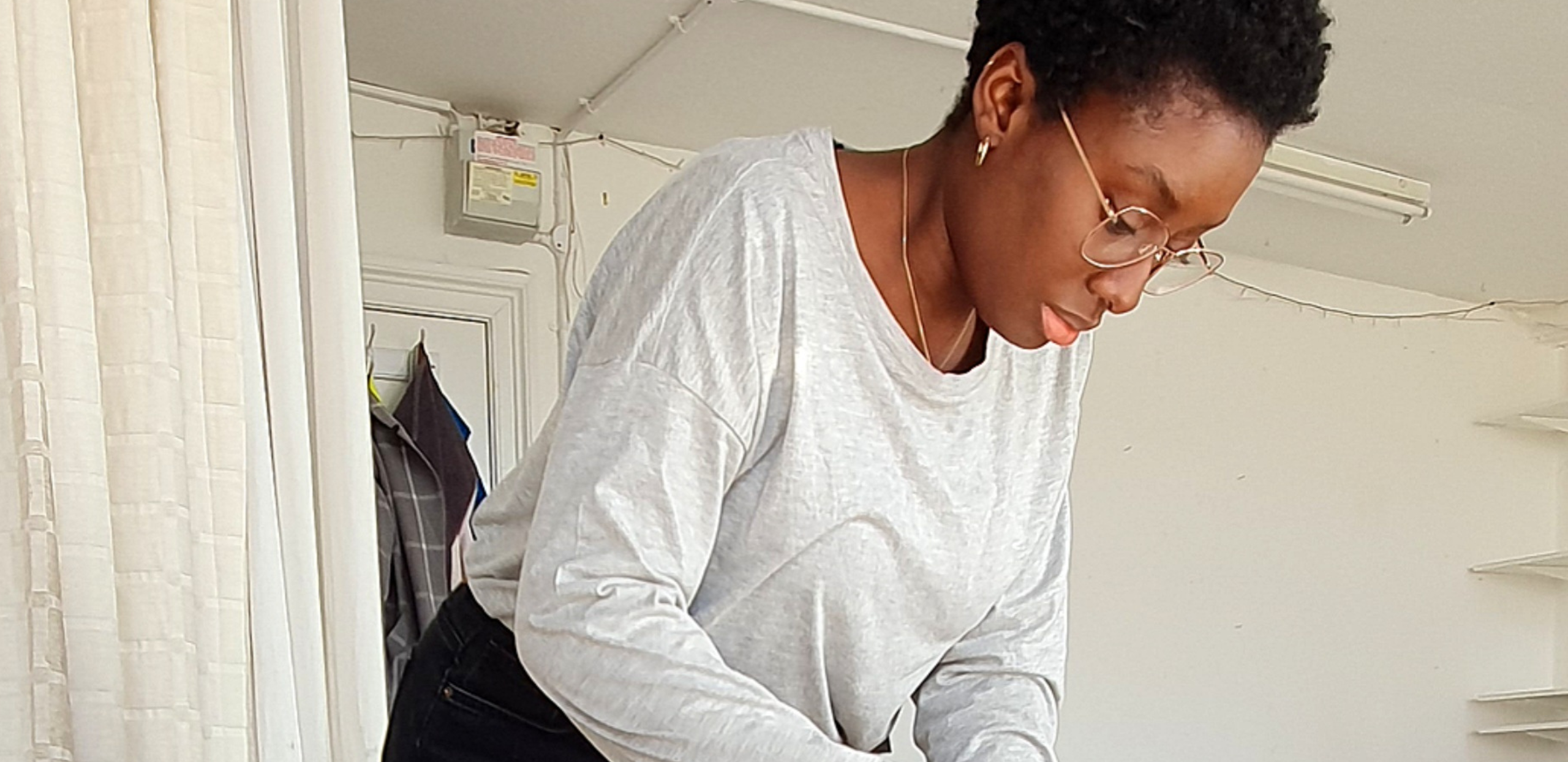

CAN is a registered charity in England and Wales (1176864).